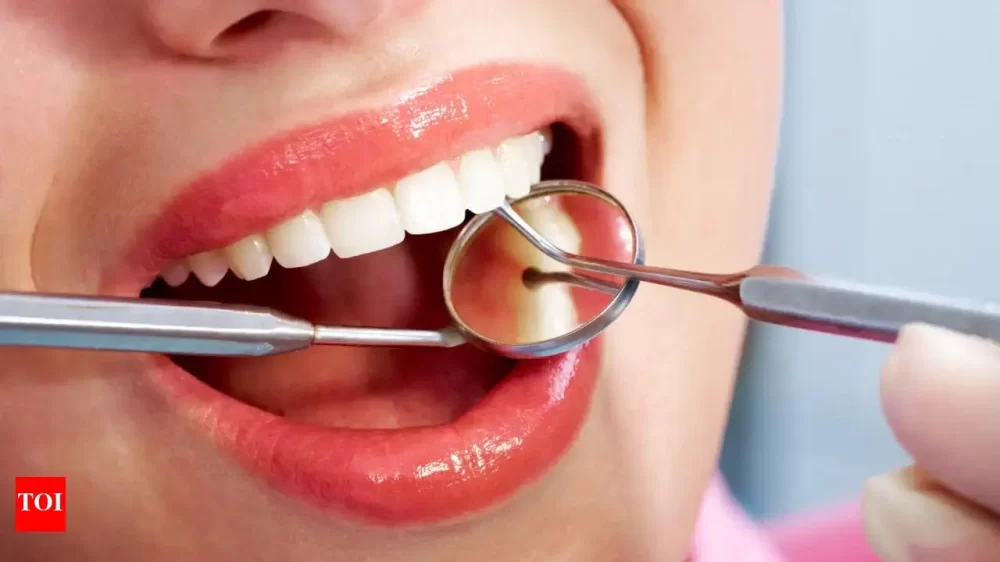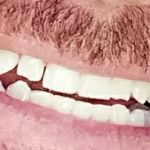
Top Dental Tips to Prevent Common Oral Diseases
- 1. Understanding Common Oral Diseases
- 2. Essential Dental Habits to Prevent Cavities
- 3. The Importance of Gum Health
- 4. How Diet Affects Your Dental Health
- 5. Protective Dental Products You Need
- 6. Real-Life Stories of Successful Dental Care
- 7. Take Action Now to Protect Your Teeth
1. Understanding Common Oral Diseases
Oral diseases are more common than many people realize, but the good news is that most are preventable with proper dental care. The two most common oral diseases are cavities (tooth decay) and gum disease (periodontal disease). Cavities occur when plaque, a sticky film of bacteria, builds up on teeth and produces acids that damage the enamel. Gum disease, on the other hand, is an infection of the tissues that surround and support the teeth, often caused by poor oral hygiene.
2. Essential Dental Habits to Prevent Cavities
To prevent cavities, it’s essential to establish good oral hygiene habits. The basics include:
- Brush your teeth at least twice a day with fluoride toothpaste to remove plaque and prevent tooth decay.
- Floss daily to clean between your teeth and along the gumline, where toothbrushes can't reach.
- Use mouthwash to reduce plaque and bacteria in your mouth, helping to prevent cavities and gum disease.
In addition to these daily habits, consider visiting your dentist regularly for professional cleanings and check-ups. This allows any potential issues to be addressed before they become more serious problems.
3. The Importance of Gum Health
Healthy gums are just as important as healthy teeth, as they help support and protect your teeth from infection and decay. To maintain gum health, you should:
- Brush your gums gently with your toothbrush to remove plaque buildup.
- Floss to prevent plaque from accumulating between the teeth and along the gumline, which can lead to gum disease.
- Schedule regular dental check-ups to monitor your gum health and detect any signs of gum disease, such as swelling or bleeding.
By keeping your gums healthy, you can reduce the risk of developing more serious oral health issues, like periodontitis, which can lead to tooth loss if untreated.
4. How Diet Affects Your Dental Health
Your diet plays a major role in preventing oral diseases. Eating the right foods can strengthen your teeth and gums, while others can contribute to tooth decay and gum disease. Consider the following dietary tips:
- Limit sugary foods and drinks, as sugar feeds the bacteria that cause cavities.
- Eat calcium-rich foods, like dairy products and leafy greens, to help strengthen tooth enamel.
- Drink plenty of water, which helps wash away food particles and reduces the acidity in your mouth.
- Consume foods high in antioxidants, such as fruits and vegetables, to promote healthy gums and reduce inflammation.
A balanced diet, combined with proper dental hygiene, is essential for keeping your teeth and gums healthy throughout your life.
5. Protective Dental Products You Need
In addition to brushing and flossing, using the right dental products can significantly enhance your oral health. Some products to consider include:
- Fluoride toothpaste, which helps strengthen tooth enamel and protect against cavities.
- Electric toothbrushes, which can be more effective at removing plaque compared to manual brushing.
- Antibacterial mouthwash to kill harmful bacteria and prevent gum disease.
- Dental tools like interdental brushes or soft picks to clean between teeth, especially if you have braces or dental work.
Investing in high-quality dental care products ensures that your daily oral hygiene routine is as effective as possible in preventing common oral diseases.
6. Real-Life Stories of Successful Dental Care
Many people have successfully improved their oral health by following simple but effective dental care routines. For instance, Sarah, a 58-year-old teacher, noticed that her gums were bleeding and her teeth were becoming more sensitive. After incorporating regular flossing, using fluoride toothpaste, and scheduling biannual dental check-ups, her gum health significantly improved, and she no longer experienced sensitivity.
John, a 65-year-old retiree, had struggled with cavities for years. By changing his diet to include more calcium-rich foods and reducing sugary snacks, he saw a noticeable reduction in cavity formation. His dentist also recommended an electric toothbrush, which helped him remove plaque more effectively and maintain healthier teeth.
7. Take Action Now to Protect Your Teeth
Taking steps to prevent common oral diseases is easier than you think, and the benefits are long-lasting. By following these top dental tips to prevent cavities, gum disease, and other oral health issues, you can enjoy a lifetime of healthy teeth and gums. Don't wait—start incorporating these habits into your daily routine today!
For even more support in maintaining optimal dental health, explore our range of premium dental care products designed to help you protect your smile. Click here to discover the best dental care products for your needs!







 Hamner Dental Group and Orthodontics4.0 (257 review)
Hamner Dental Group and Orthodontics4.0 (257 review) Southside Orthodontics - Your Colonial Heights and Chesterfield Orthodontist4.0 (274 review)
Southside Orthodontics - Your Colonial Heights and Chesterfield Orthodontist4.0 (274 review) Capitol Dental Center PLC5.0 (94 review)
Capitol Dental Center PLC5.0 (94 review) Baseline Dental Care | Dentist In Rialto4.0 (387 review)
Baseline Dental Care | Dentist In Rialto4.0 (387 review) Greenberg Dental & Orthodontics4.0 (1278 review)
Greenberg Dental & Orthodontics4.0 (1278 review) Steven J. Moravec, DDS, MS4.0 (189 review)
Steven J. Moravec, DDS, MS4.0 (189 review) The Importance of Oral Health Education During Pregnancy for a Healthy Pregnancy
The Importance of Oral Health Education During Pregnancy for a Healthy Pregnancy Best Tips for Brushing Your Teeth Properly for Healthy Gums: Essential Techniques for Oral Health
Best Tips for Brushing Your Teeth Properly for Healthy Gums: Essential Techniques for Oral Health Why Skipping Dental Checkups Can Lead to Bigger Oral Health Problems
Why Skipping Dental Checkups Can Lead to Bigger Oral Health Problems Advantages of Porcelain Dental Restorations
Advantages of Porcelain Dental Restorations How Can Diabetes Cause Tooth and Gum Problems? Preventing and Managing Oral Health Issues
How Can Diabetes Cause Tooth and Gum Problems? Preventing and Managing Oral Health Issues Healthy Habits for Promoting Good Oral Health and Hygiene: Tips for a Healthy Smile
Healthy Habits for Promoting Good Oral Health and Hygiene: Tips for a Healthy Smile